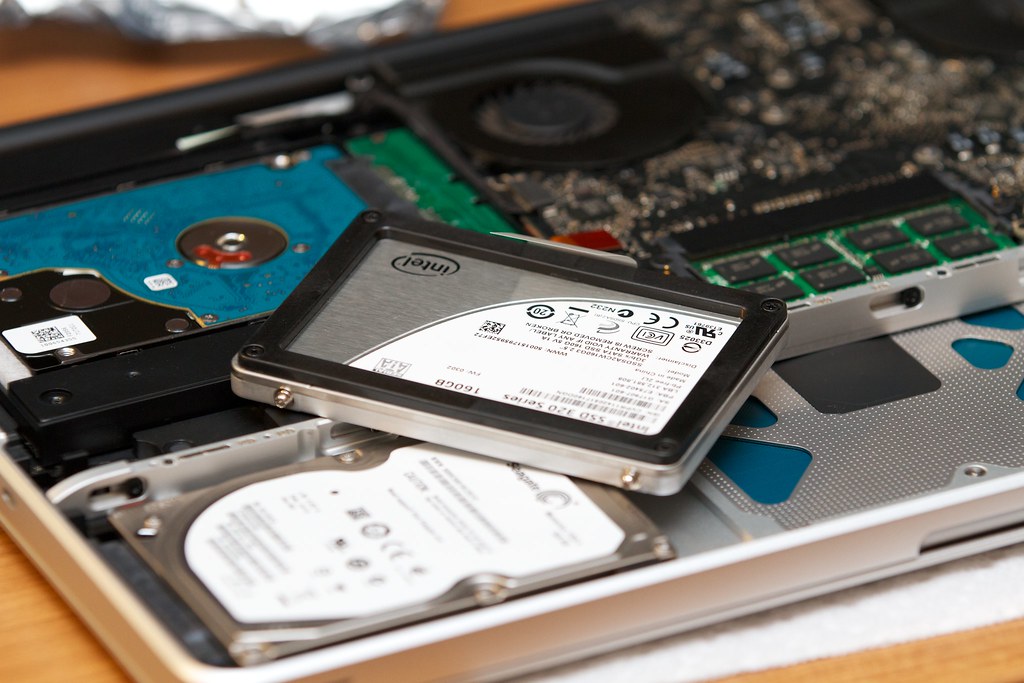When one thinks of hard drives (HDD), they think of the storage space needed when installing programs. They see drives as the board on Tetris, while the falling blocks are the programs. You have to ensure that there is enough space for a specific item. Otherwise, it will not work.
Type Differences
For smaller drives, it can be a bit of a challenge managing the limited space. Often times, you have to choose one program or another. You have to delete junk files regularly in order to free up extra space. For these problems, it is often a good idea to upgrade to a larger drive. Otherwise, it is going to be a losing effort where you try to keep space open for new programs.
However, hard drives are not only for storage. A hard drive on your PC also dictates how fast it turns on and how quickly it can load programs. The Solid State Drive (SSD) for example is an upgraded form of hard drive. The SSD is a superior version of your basic hard drive. It provides faster loading times in all aspects of the PC. You can experience the difference from starting up, loading programs, and even while playing games.
Performance Difference
Starting your PC and playing a game in particular have massive improvements. For starters, a basic HDD starts your PC in about a minute. For some, it can go double/triple that time. An SSD can start your computer and bring you to the startup (welcome) screen in under 20 seconds. For some, it can be as fast as 5 seconds or less.
When playing games, loading times can be a pain. For larger games, loading the map can take a long time. With an SSD, loading screens take less than 5 seconds to complete. It improves your game by a mile, and is highly recommended to upgrade when you can.
Price Difference
Of course, there is a downside. For the SSD, like any other new tech, it all boils down to the price tag. An SSD is significantly more expensive than your basic drive. 1 terabyte of the HDD for instance has the same price as 256 GB of SSD. The price is higher, while the storage space is smaller.
This means you have to budget your space even more with the SSD. For instance, you should only use an SSD for the Operating System. This ensures a faster startup time, as well as game loading times. Even if the game is installed in another drive, you still benefit from the speed boost.
Final Words
If you can afford to get at least a 256 GB of SSD, you should take that opportunity. That size is enough to store your Operating System and a few essential programs. Everything else goes to other HDD drives. A faster performing PC makes all the difference in the world. Waiting times are nearly eliminated with this method. You also do not have to spend your time on your PC looking at loading screens.
